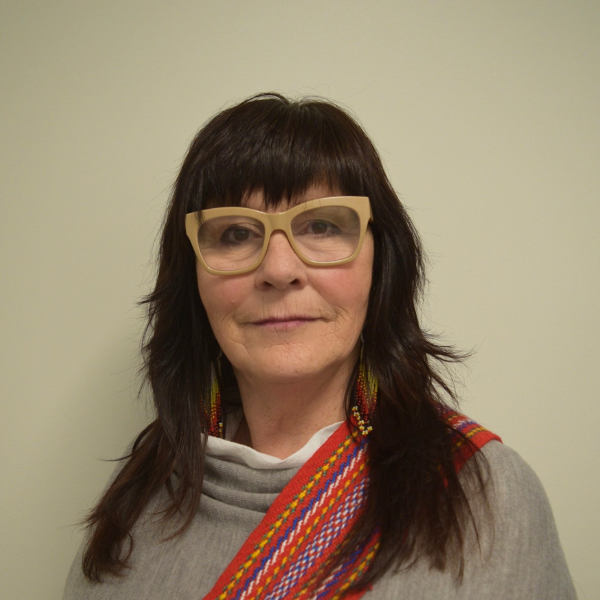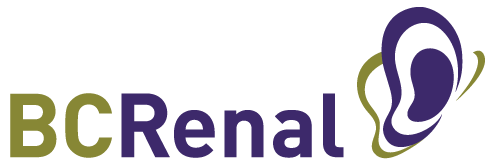 Historically, research has been done unilaterally on, rather than with, Indigenous people in Canada, which has exacerbated health inequities. But some people are working hard to change this status quo, including Catherine Turner.
Historically, research has been done unilaterally on, rather than with, Indigenous people in Canada, which has exacerbated health inequities. But some people are working hard to change this status quo, including Catherine Turner.
Turner is a Métis woman who has spent the past seven years working to foster Indigenous engagement in research. She began this career path while working for the Kidney Foundation, BC & Yukon Branch, before becoming the Indigenous Liaison Manager for the Can-SOLVE CKD Network, a national organization dedicated to patient-oriented kidney research.
“Because of historically bad research that has created a mistrust among Indigenous community members towards outside researchers, it’s really important that a partnership is created between First Nation communities and researchers,” emphasizes Turner.
Turner takes this need for mutual respect and relationship-building to heart. A huge part of her job involves fostering relationships with Indigenous communities that are taking part in Can-SOLVE CKD’s Kidney Check research project.
Kidney Check is taking place in BC, Alberta, Manitoba and Ontario and involves a screening program for diabetes, blood pressure and kidney disease in rural and remote Indigenous communities. It aims to support early identification of kidney disease in individuals, and connect them with health care support to slow disease progression. Importantly, each Indigenous community that participates holds autonomy over how the program is implemented for its members.
BC partners include BC Renal, the regional health authorities, the First Nations Health Authority, Community Health Leads, and the communities themselves.
In BC, Turner is the Senior Research Coordinator. In this role, she has supported implementation in 16 First Nations communities to date. This involves initiating relationships in a culturally respectful and safe manner, for example, by incorporating Nation-based protocols into the program and ensuring that participants are fully informed about their research rights, which are unique for Indigenous people. This includes, for example, following the principles of ownership, control, access, and possession (OCAP).
Along with her work with the Kidney Check program, Turner helps build relationships with Indigenous Knowledge Keepers and health leaders across the country. This supports Indigenous initiatives within Can-SOLVE CKD and fosters general appreciation and adoption of Indigenous ways of knowing, being and doing into the network. For example, Turner often arranges to have a Knowledge Keeper open major meetings with a Welcome to the Territory, land acknowledgment and blessing.
She also advocates for the use of a “6 R’s” framework when researchers want to engage with Indigenous communities, which include: respect, relevance, reciprocity, relationships, reflection and reconciliation.
“For example, relevance would involve inviting participation of communities into research versus imposing ideas on the communities,” explains Turner, emphasizing that it’s important to ensure a given research project is truly relevant and desired by a community before implementing it.
Turner says she loves the opportunity to visit First Nations communities and connect with people through her work, and hopes this form of engagement will be profoundly impactful in changing the way in which research with Indigenous people is done.
“What I’m looking forward to as an outcome is the sharing of power between researchers and Indigenous peoples and communities in leading activities that are going to improve health outcomes and remove health inequities,” she says.

